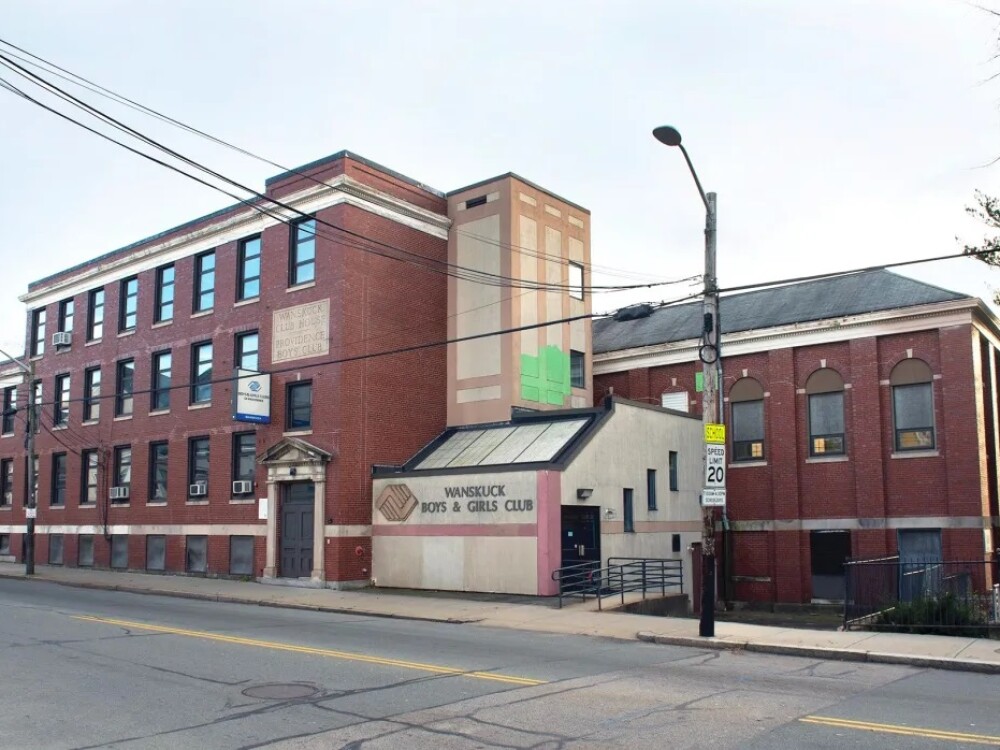After almost 100 years in the same building, the Boys & Girls Clubs of Providence wants to expand its space to offer new programs like career and workforce development. Nicole Dufresne, the club’s CEO, discussed the project with The Public Radio’s Luis Hernandez.
Here is a brief excerpt. The full interview can be found here.
HERNANDEZ: Tell us about the Boys & Girls Clubs of Providence. What is its mission? Who does it serve exactly?
DUFRESNE: Sure. So our mission is to help our young people become productive citizens. And what that means is that we really work with children starting at the age of 6, all the way up until they’re 18 to help them not only figure out who they are, who they want to be when they grow up, but also what is it that they’re good at and how do we put them on a path to get them to not only reach their educational goals, but what is that career pathway that they’re really looking for and help them with the hope and opportunity they need to lead a productive life.
HERNANDEZ: The Wanskuck clubhouse has served the North End community for almost a century. Why is this renovation project, though, necessary right now?
DUFRESNE: So this is the first major renovation that we will be doing to that building in years. And if you walked through it with me today, you would see that the staff that work in the building really perform miracles using the space and being creative with what we currently have. You’d see happy kids. What you would also see is a building that is tired, that has been well used for, as you stated, almost a century, and really is in need of an uplift so that we not only can continue to use the space that we’re using, but also expand and use the entire building to its potential. We are also working to close out our $16 million goal. We are just over halfway there.
HERNANDEZ: Can you give us a sense of what this work is going to do to help better serve those kids? What kind of things (will) we see that will allow them to have a better space to work in and to grow?
DUFRESNE: We are hearing from families that there is a need in the city for more high-quality child care slots for before and after school. We’re currently serving just under 100 kids in that building for child care. When the new building reopens, we will have 200 slots. That means we’ll be able to double our capacity in that site and help families so that they can go to work and be ensured that their children are safe. Then for the teenagers who are living in the city, what we’re hearing from them is that after school, they want to be able to enter our buildings. However, we have what I call is the best problem the Boys & Girls Club can have. We have run out of space. So again, once renovated, not only will the younger kids have space, but teens and tweens will also have their own space to come after school where they feel safe. They can explore careers, hang out with their friends, and know that their community truly cares about them.
This interview was conducted by The Public’s Radio. You can read the entire story here.







